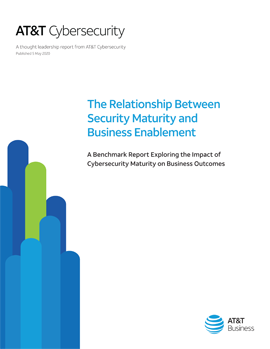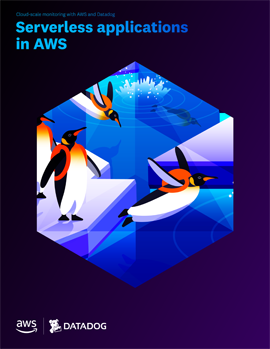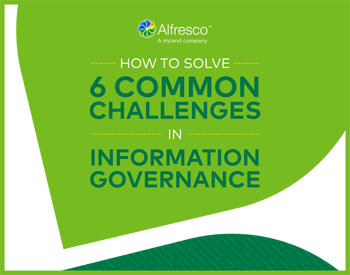The Relationship Between Security Maturity and Business Enablement

In March 2020, AT&T Cybersecurity and Enterprise Strategy Group (ESG) completed a benchmark survey to better understand what a mature cybersecurity program looks like and how that maturity influences security and business outcomes.
Results from the 500 security professionals surveyed on their processes, policies, and controls were mapped into the NIST Cybersecurity Framework’s (CSF) five foundational cybersecurity functions: Identify, Protect, Detect, Respond, and Recover.
The goal of this unique research was to validate if — and to what degree — organizations, in better alignment with best practices prescribed by the NIST CSF, can operate highly secure environments and better enable their businesses. This was accomplished through creation of a data-driven model that segments respondents into three levels of cybersecurity maturity: emerging organizations, following organizations, and leading organizations. By comparing survey results across these levels, the model allows us to use data to quantify the differences in security and business outcomes that exist as maturity level improves.
The results showed that organizations fall into three categories:
| Emerging (40%) | |
| Following (40%) | |
| Leading (20%) |





